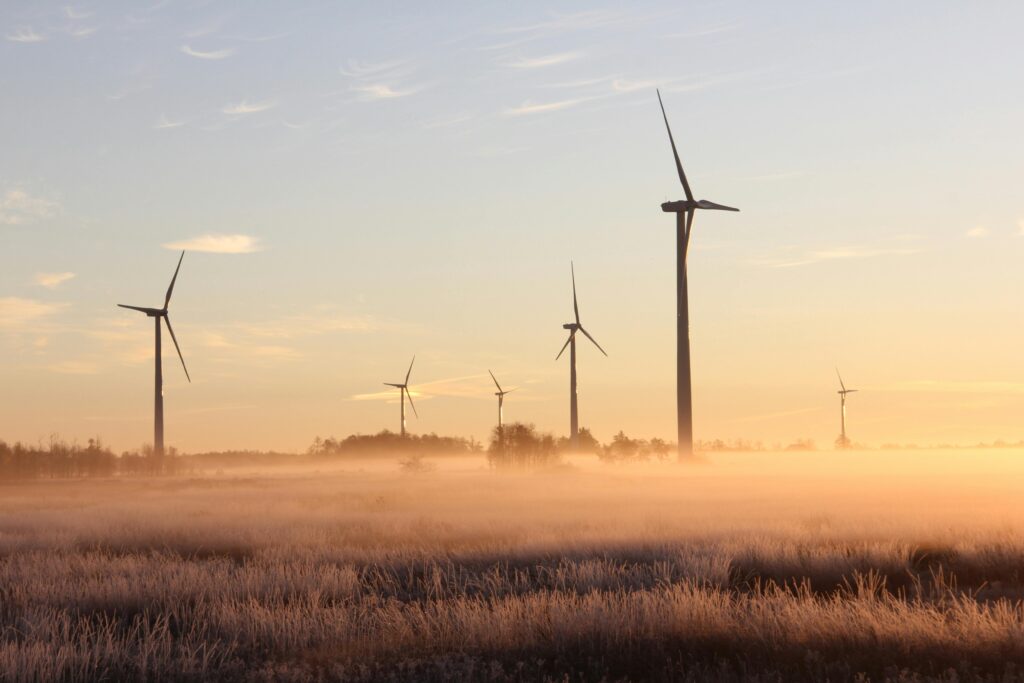We celebrate world soil day the 5th of December
World Soil Day is celebrated each year on December 5th to raise awareness of the importance of soil for sustainable development. Soil is the foundation of life on land, and its quality and volume are crucial for maintaining healthy ecosystems, food security, and resilience to climate change. In recent years, trends affecting soil quality and volume have garnered increasing attention, particularly in sustainable agriculture, urbanization, and new technological solutions.
Challenges in Soil Quality
One of the biggest concerns today is the declining quality of arable soil. Globally, around 33% of soil is degraded due to erosion, pollution, salinization, or nutrient depletion. This degradation is mainly caused by unsustainable agricultural practices, heavy use of chemicals and fertilizers, and harmful organisms in the soil. These practices lead to a loss of soil biodiversity and a decline in essential soil organisms that help break down organic matter and cycle nutrients.

Loss of Volume and Soil Sealing
Urbanization has also led to increasing soil volume loss. As urban areas, roads, and industrial zones expand, large land areas are covered with asphalt, concrete, or other impermeable materials, known as soil sealing. In Europe, an estimated 890 km² of soil is sealed annually, reducing arable land and the soil’s ability to absorb water, increasing flood risks, and lowering water storage capacity.
Focus on Sustainable Soil Management
There is a growing trend toward sustainable soil management methods, such as agroforestry, regenerative agricultural practices, and minimal soil tillage (plowing). These methods aim to restore soil structure and organic content, helping to increase soil fertility, water retention, and carbon storage capacity. Sustainable management can also help slow down erosion and reduce soil volume loss in the long term.
Innovative Technologies and Solutions
Technological advancements play a vital role in preserving soil quality and volume. Numerous innovative solutions have been introduced, such as digital soil monitoring, the use of drones to analyze nutrient and moisture levels, and the development of machinery that can clean contaminated soil and reclaim arable land. An example is our SoilSaver, which effectively combats harmful microorganisms without polluting the soil with chemicals. It also removes seeds and plant parts from invasive species, which would otherwise require the disposal of large volumes of soil.
The Way Forward
Ensuring the quality and volume of soil requires collaboration between agriculture, the technology sector, and governments. World Soil Day provides an opportunity to reflect on how we can better care for our most valuable resource. Supporting sustainable management practices, increasing the use of innovative technologies, and engaging society in soil conservation may be the key to maintaining productive soil for future generations.